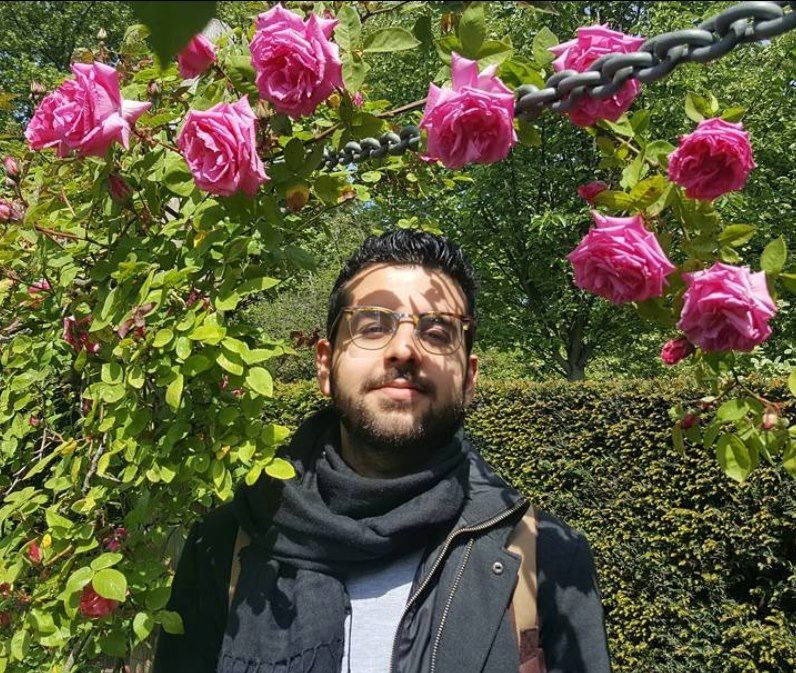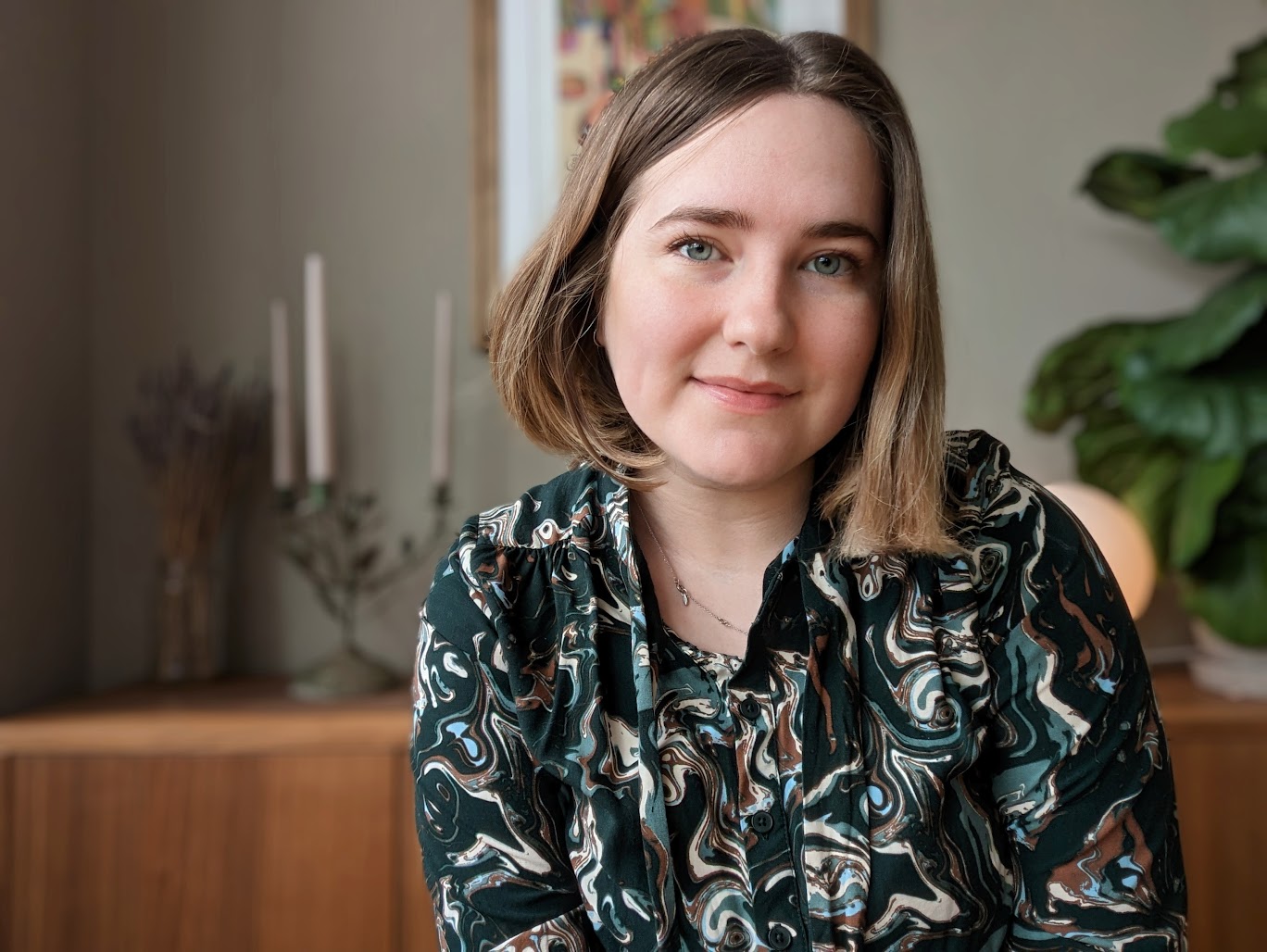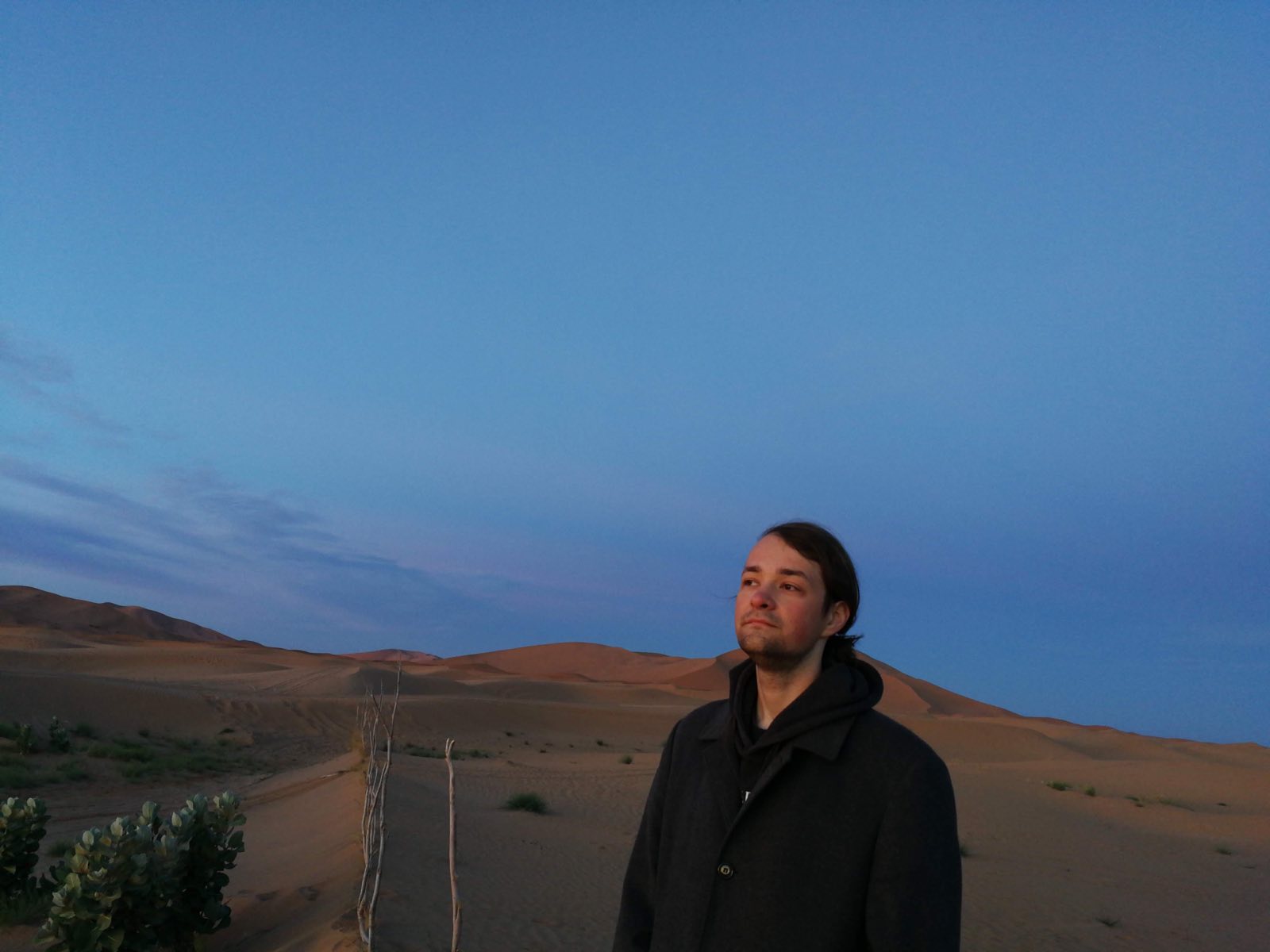The Centre for Ethnography is extending a warm welcome to three new fellows.
Each year the Centre for Ethnography extends a fellowship to outstanding scholars carrying out ethnographic research. This year’s fellows are Nicholas Abrams, Abdulla Majeed and Janita Van Dyk. The Centre was established in 2007 to foster and promote ethnographic research and writing at UTSC. Fellows present on their research as part of the Centre’s annual speaker series.

Abdulla Majeed
PhD Candidate in the Department of Anthropology at the University of Toronto
What is your area of study?
My work lays at the intersections of anthropology of the state, migration, and citizenship. Specifically, I look at how in the aftermath of imperial violence and displacement, Iraqi exiles in Jordan from different political and socioeconomic backgrounds come to imagine and work towards forms of benevolent governance and ethical citizenship for the future in their everyday lives.
Tell us about your most exciting fieldwork experience?
While excitement is indeed one of the sentiments sustaining ethnographic fieldwork, one's fieldwork is often motivated by complimentary affective, ethical, and political attachments. The last time I was doing fieldwork in Jordan in 2021 coincided with both the Jordanian and Iraqi states' celebrating their centenary and witnessing ordinary people's public celebrations, or lack thereof, of these two major national events in Jordan and across the border in Iraq was a gripping encounter that opened up many questions pertinent to my dissertation. Personally, it was also a critical moment to reflect upon as an Iraqi exile myself.
How does it feel to join the Centre for Ethnography as a fellow?
It is a great privilege! To be able to dedicate time primarily for writing with a community of peers, and with the support the centre offers is a wonderful opportunity, and I am really looking forward to learn alongside and participate with the centre’s community.

Janita Van Dyk
PhD Candidate at the Department of Anthropology with a collaborative specialization in Food Studies
What is your area of study?
I study how people connected to the slow food (SF) movement and its university in Northern Italy respond to difficulties concretely producing what they term “artisanal,” “local,” or “sustainable” food. For example, Italian foods associated with the taste of place have long dominated the international market—think Chianti wines and Alba white truffles. Amidst a saturated market and deteriorating growing conditions due to climate change, I examine how people increasingly reimagine and recuperate different ways of making food valuable, growable, and knowable.
Tell us about your most exciting fieldwork experience.
In 2022 I attended the convocation of SF undergraduate students I had met three years prior at the beginning of my fieldwork. Part of their graduation ceremony included presenting their undergraduate theses. Listening to their presentations and attending the graduation ceremony reiterated the uniqueness of long-term fieldwork—seeing the transformations in people, including their values and relationships; hearing about the problems they’ve faced; and witnessing them build and realize projects important to them.
How does it feel to join the Centre for Ethnography as a fellow?
The craft of ethnographic writing and storytelling is what first drew me to anthropology, so I’m very grateful for the opportunity to slow down and work on communicating the stakes and significance of the knowledge and experiences shared with me in the field. I’m also looking forward to writing alongside Abdulla and Nick with the amazing community of CE mentors!

Nicholas Abrams
PhD Candidate in the Department of Anthropology at the University of Toronto
What is your area of study?
I study precarious labour, workers' activism, and the political economy of patronage politics in South Africa’s construction and industrial manufacturing industries. I specifically look at a form of non-unionized workers' activism which emerged out of what commonly gets called an “organized crime” group linked to the ruling political party, the African National Congress. In brief, I look at how patronage politics and non-union workers' activism shape processes of class formation as a lens onto understanding the contradictions of the post-apartheid nation-building project.
Tell us about your most exciting fieldwork experience
I do not think that I would characterize much of my fieldwork experience as having been “exciting,” per se. That said, the research did involve attending a fair number of barbecues (they would call it a “braai" in South Africa), many of which were held on the top of these cliffs that overlooked the Indian Ocean. Those were always a fun time.
How does it feel to join the Centre for Ethnography as a fellow?
I am excited to both share my work and to engage with the work of my colleagues.